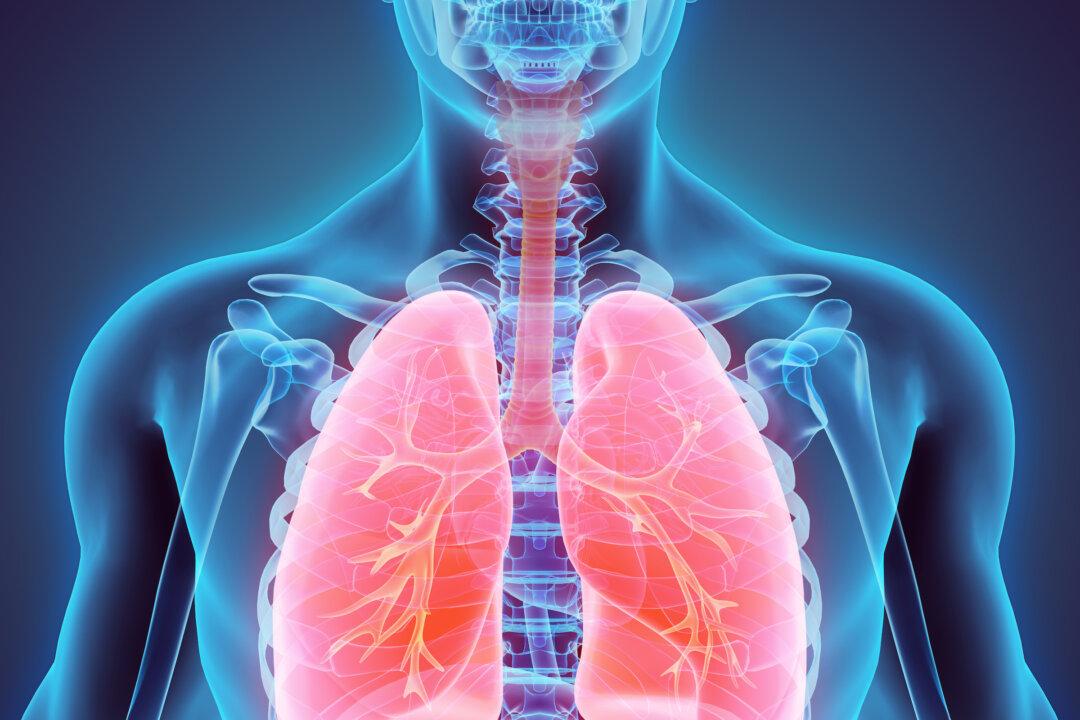Consuming high amounts of them could extend the life of your lungs while also slashing your risk of heart disease, boosting your memory and improving bone health beyond calcium and vitamin D.
STORY AT-A-GLANCE
- Lung function tends to peak around the age of 30, after which it starts to decline. The rate of decline varies depending on factors such as smoking, exercise, exposure to pollutants, medical conditions and diet
- Anthocyanins, a type of flavonoid, have been shown to improve symptoms of chronic obstructive pulmonary disease, and help slow the gradual decline in lung health associated with aging
- Recent research shows those in the highest quartile of anthocyanin intake, compared to those in the lowest quartile, had a significantly reduced annual decline in three lung function measurements over time
- Polyphenols — plant compounds that give fruits, vegetables and berries their vibrant colors — also lower your risk of hypertension, diabetes, heart disease, erectile dysfunction and cancer, and boost bone and brain health
- Vitamin C has been found to reduce the health risks to babies born of mothers who smoke, and nanoparticles derived from tea leaves have been found to destroy up to 80% of lung cancer cells
- Improve blood sugar control
- Normalize blood pressure and enhance capillary strength
- Lower oxidative stress and inflammation
- Inhibit platelet formation
- Prevent buildup of arterial plaque
- Increase NAD+ level
Dr. Joseph Mercola is the founder of Mercola.com. An osteopathic physician, best-selling author, and recipient of multiple awards in the field of natural health, his primary vision is to change the modern health paradigm by providing people with a valuable resource to help them take control of their health.
Author’s Selected Articles






